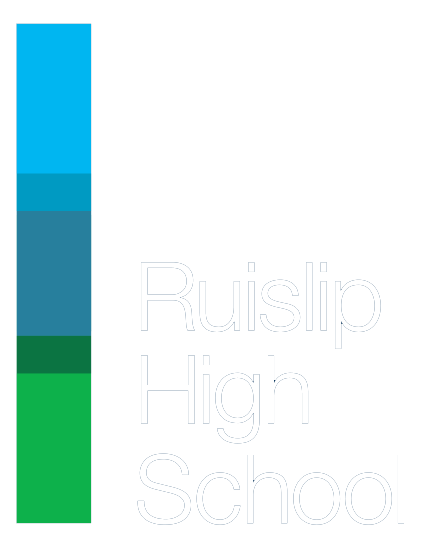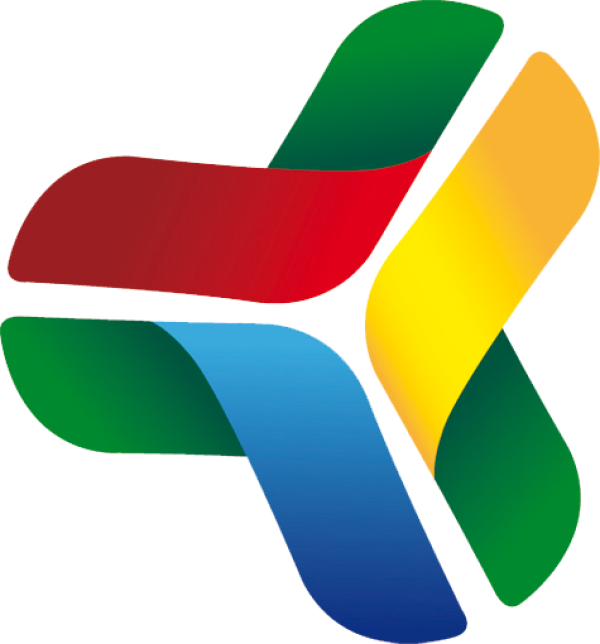Computer Science
Today’s world is dominated by technology and the world of computing is changing constantly. Our Computer Science curriculum is challenging and engaging, covering aspects of computer science, digital literacy and creativity. Our aim is to enthuse students about programming and using computers and to ensure that all students leave with a fundamental understanding of how computers and networks operate. Our students may have grown up in the internet age but the Computer Science curriculum ensures that they are not just passive consumers but creative content authors and programmers.
The school’s annual Safer Internet Week ensures students receive additional understanding of the technological world through a range of lessons, tutorials and outside speakers.
Key Stage 3 Computing
At Key Stage 3, we aim to develop engagement and enthusiasm for computing by providing students with opportunities to acquire new skills.
In Year 7 students are introduced to Google suite which is used throughout the school. Students learn to collaborate with peers, share work and to use the platform effectively. In addition to that, students learn how to stay safe online, investigate the potential dangers that are presented and investigate steps which can be taken to avoid misuse and malpractice. Students develop their algorithmic skills by learning to create flowcharts using Flowol. Students also develop their logical reasoning and computational thinking skills by using block programming for Microbit and text based programming using Python turtle#. They are then introduced to data handling and manipulation through spreadsheet software learning how to format data, write formulas and present results.
The emphasis in Year 8 is to develop programming skills in python and improve students' computational thinking skills. The year starts with improving their understanding of computer hardware by learning about the role of the different components inside a computer system and how computers understand 'binary' language.The concept of how computers understand data is further explored in Year 9. Students develop their skills in writing programs using sequence, selection and iteration in Python. They apply these skills further by creating games on Gamemaker. Students are also introduced to new technology like Artificial Intelligence and how it works which leads to learning about computer crime and cybersecurity. Students learn about the dangers that the internet presents while using technology and how to overcome them, looking at effective solutions and software they can use to mitigate the risks.
In Year 9 students recap and retrieve their algorithmic thinking skills by learning advanced Flowol and application of the flowcharts in real world scenarios.They also develop their programming skills further by learning and applying advanced Python skills like functions and procedures.This helps them develop their problem-solving skills further at this stage and they are expected to debug their code when errors arise.They also further their understanding of how computer decodes sound and images in continuation from Year 8. Students then explore the legal, cultural, ethical and moral impacts of computer science to ensure they have a well rounded understanding of the subject. During the summer term all students are expected to complete the Bronze certificate of iDea program. This is an online platform where students learn digital skills through a series of self-paced courses and receive certificates at the end of each unit. These certificates are well recognised throughout the industry and also count towards DofE skills.Some students go on further to achieve Silver certificates and this achievement is recognised for them in celebration assemblies at the end of the year.
Key Stage 4
OCR’s GCSE (9–1) in Computer Science allows students to:
- understand and apply the fundamental principles and concepts of Computer Science, including abstraction, decomposition, logic, algorithms, and data representation;
- analyse problems in computational terms through practical experience of solving such problems, including designing, writing and debugging programs;
- think creatively, innovatively, analytically, logically and critically;
- understand the components that make up digital systems, and how they communicate with one another and with other systems;
- understand the impacts of digital technology to the individual and to wider society;
- apply mathematical skills relevant to Computer Science.
| Content Overview | Assessment Overview |
|
Computer systems 1.1 Systems architecture 1.2 Memory and storage 1.3 Computer networks, connections and protocols 1.4 Network security 1.5 Systems software 1.6 Ethical, legal, cultural and environmental impacts of digital technology |
80 marks 1 hour and 30 minutes Written paper (no calculators allowed) 50% of total GCSE |
|
Computational thinking, algorithms and programming 2.1 Algorithms 2.2 Programming fundamentals 2.3 Producing robust programs 2.4 Boolean logic 2.5 Programming languages and Integrated Development Environments |
80 marks 1 hour and 30 minutes Written paper (no calculators allowed) 50% of total GCSE |
|
Practical Programming All students must be given the opportunity to undertake a programming task(s), either to a specification or to solve a problem (or problems), during their course of study. Students may draw on some of the content in both components when engaged in Practical Programming. |
|
Key Stage 5
OCR A Level Computer Science H446
At A Level Computer Science, students understand the core academic principles of computer science. Classroom learning is transferred into creating real-world systems through the creation of an independent programming project. Students will develop technical understanding and their ability to analyse and solve problems using computational thinking.
| Content Overview | Assessment Overview |
|
|
Computer systems (01) 140 marks 2 hours and 30 minutes written paper (no calculators allowed) 40% of total A Level |
|
Algorithms and programming (02*) 140 marks 2 hours and 30 minutes written paper (no calculators allowed) 40% of total A Level |
|
|
Programming project 03* – Repository or 04* – Postal or 80 – Carry forward (2018 onwards) * 70 marks Non-exam assessment 20% of total A Level |
Career paths
Database administrator
Games developer
Information systems manager
IT consultant
Multimedia programmer
Network engineer
Systems analyst
Systems developer

